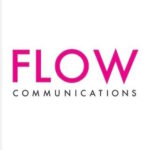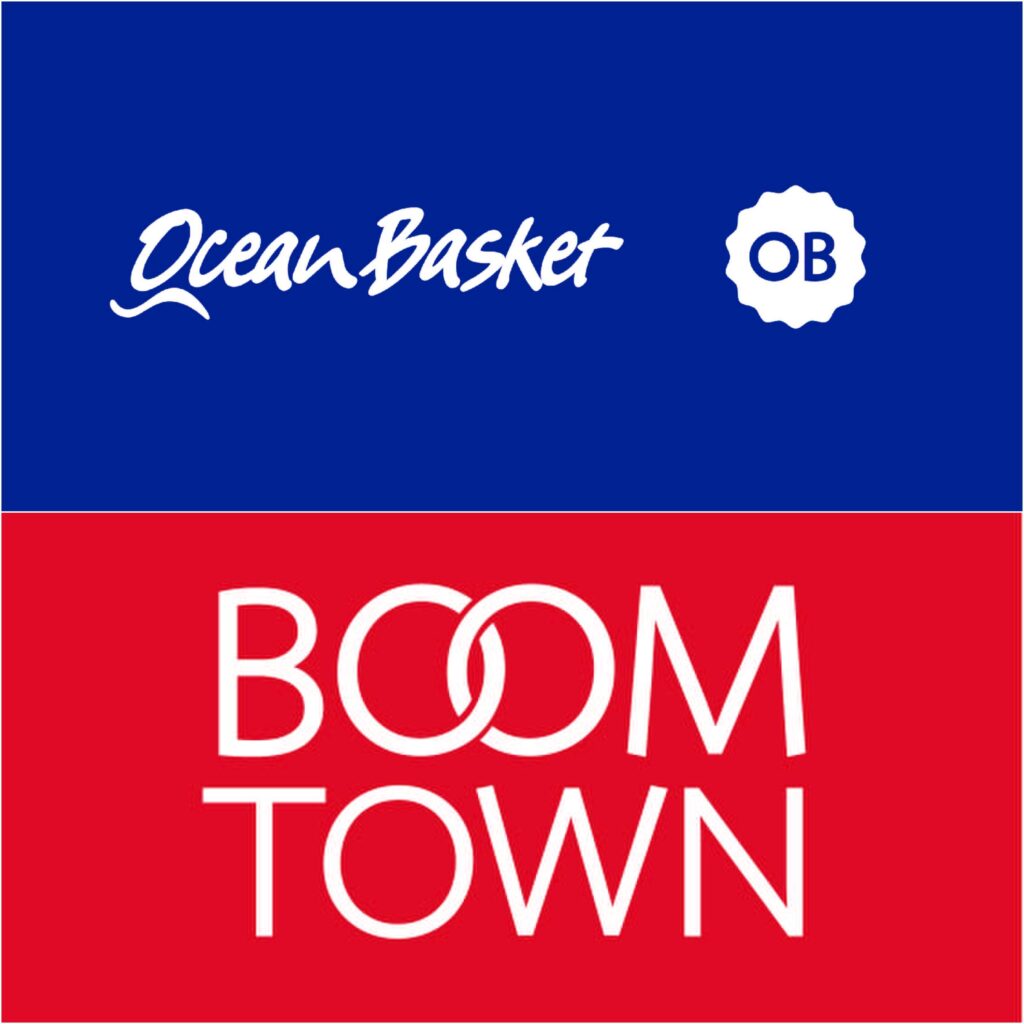
Business relationships, like romantic ones, are fragile. They require sacrifice, commitment and a ton of blood, sweat and tears if they are going to be successful.
Sure, there are fun parts, too. The tentative courtship (over email), the fluttering of eyelashes (across a boardroom table), the butterflies (when you’re signing that all-important SLA) – it’s the agency equivalent of Romeo and Juliet – and we all know how that relationship ended. If this most tragic tale of woe has taught us anything, it’s that communication is key. Without it, expectations go unmet. Resentments pile up and fester. Goals remain unrealised, and death (metaphorically, of course) is sure to follow.
We decided to pick the brains of some of our department heads to learn their thoughts on what makes a great client-agency relationship, how to kick it off the right way, and how to keep the channels of communication wide open. All agreed that one of the keys to successful business partnerships is for the client to develop a holistic understanding of agency life, to ask tough questions regarding expectations and operational processes, and to ensure absolute transparency in all aspects of the partnership. These are the questions they wish clients would ask more of, and a few other pointers besides.

Sara Callow, Content Director, says “Generally, I think it’s a growing concern amongst clients that their chosen agency has staying power. A good track record goes a long way to putting clients’ minds at ease with the knowledge that their money is in good hands, especially considering the significant number of agencies we are seeing shutting their doors due to high competition, shrinking marketing budgets and shaky economic conditions.
On the content side of things, clients are often reluctant to ask too many questions, though they shouldn’t be. A content team needs in-depth knowledge of the business, the brand and their products, and open conversation is the best way to get the ball rolling. Clients should also take the time to question the agency regarding the expectations they have for their branded content.
How will we know if we’re getting the tone right? How many reverts can reasonably be expected? What is the average turnaround time for a specific piece of content? All of these and many more need to be addressed. It’s a good idea to formalise the process with a face-to-face Q&A session, to ensure there are no knowledge-gaps on the side of either the agency or the client.”
 Ashleigh Jacobs, Social Media Strategist says, “The world of social media moves pretty fast, so clients who are unfamiliar with social media marketing tend to follow the ‘we’ll leave it to you’ approach and place their trust in the strategy team. Part of our role is to help clients understand the usefulness of every social media platform and to form a strategy based on their goals. Clients tend to be afraid to ask questions for fear of appearing to be out of the loop, but asking such questions is vital in understanding the purpose of actions being taken by the agency, and establishing goals that every campaign can be measured against once it’s over.
Ashleigh Jacobs, Social Media Strategist says, “The world of social media moves pretty fast, so clients who are unfamiliar with social media marketing tend to follow the ‘we’ll leave it to you’ approach and place their trust in the strategy team. Part of our role is to help clients understand the usefulness of every social media platform and to form a strategy based on their goals. Clients tend to be afraid to ask questions for fear of appearing to be out of the loop, but asking such questions is vital in understanding the purpose of actions being taken by the agency, and establishing goals that every campaign can be measured against once it’s over.
Some of my favourite clients are those that ask the most questions. They want to know what the difference is between, for example, a Facebook strategy and a Twitter strategy, the purpose of the various platforms, and the importance of paid media integration, reporting and metrics.
And the questions shouldn’t end there. At the end of any campaign, clients should come armed with questions regarding its success or failure, what went right or wrong, and how it can be improved in the future.”
 Tanya Fialkov, Digital Business Unit Director says, “Account managers are at the front lines of the agency-client relationship, making clear communication one of our most important functions. In my experience, issues in relationships with clients most often arise when the client doesn’t have a full grasp of the goals, plan of action, and budgets for a particular project, which can quickly lead to trust issues. No matter what stage a project is in, I always ensure that my clients have three important questions answered, whether they ask them or not.
Tanya Fialkov, Digital Business Unit Director says, “Account managers are at the front lines of the agency-client relationship, making clear communication one of our most important functions. In my experience, issues in relationships with clients most often arise when the client doesn’t have a full grasp of the goals, plan of action, and budgets for a particular project, which can quickly lead to trust issues. No matter what stage a project is in, I always ensure that my clients have three important questions answered, whether they ask them or not.
- How many hours will this project take, and how are these hours being scoped for?
- Does the agency perfectly understand the brief?
- How will the project be affected if my goals and objectives have changed?
However, the client also needs to take their role in learning about the agency seriously, and there are many things that are often left unsaid and can turn a relationship sour. Most often, these involve:
- How the client is being billed
- How the agency’s performance will be measured
- What the agency’s policy on reverts and changes means
Communication really is everything. As an agency, we are not simply a service provider – we are a partner and an extension of our clients’ brands and internal marketing teams. Our account managers should think nothing of hot-desking at the client’s premises if need be, in order to provide a higher level of integration and get to know their businesses even better.”
It goes without saying, but a communications company that is bad at communication is never a good sign. And for an industry that claims that trust is paramount, open lines of communication are the most effective answer to those he-said-she-said impasses that kill good relationships. It’s all about asking the right questions, so don’t be shy.
- Top 50 DSTV TV programmes – October 2024 - 12th November 2024
- Top 50 FTA TV programmes – October 2024 - 12th November 2024
- The Latest MAPS™ Data: A Comprehensive Look at Consumer Behaviour - 12th November 2024





